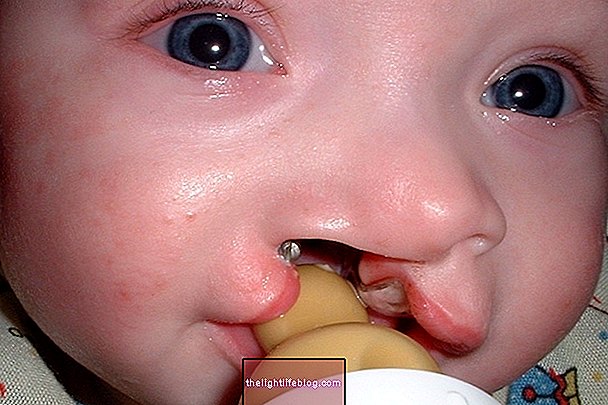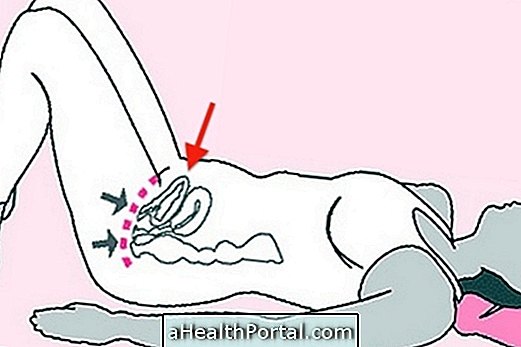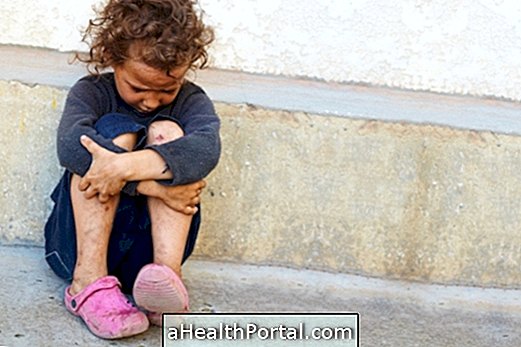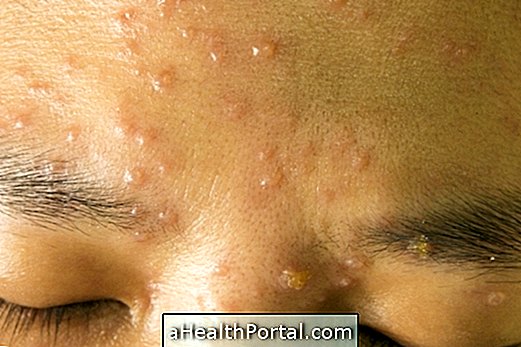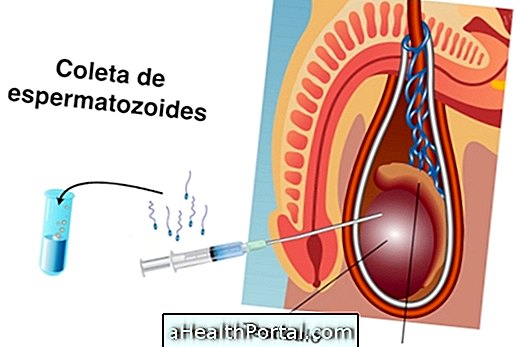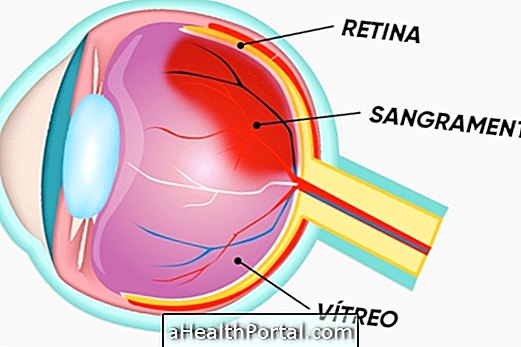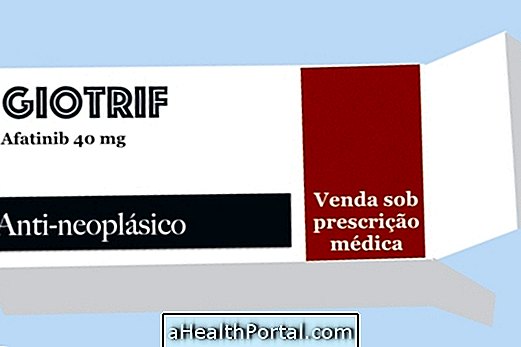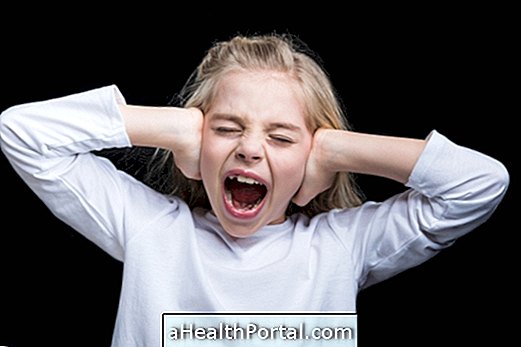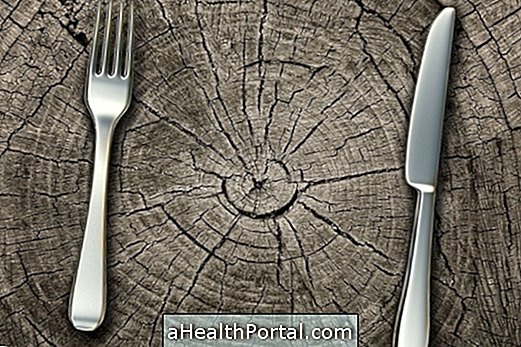Depression in adolescence is a disease that must be taken seriously, because if not properly treated can lead to consequences such as drug abuse and suicide, which are serious problems in the life of the adolescent.
Some clinical features of depression in adolescence are sadness, constant irritability, memory failure, lack of self-esteem, and feeling of worthlessness. These features can help parents, teachers and close friends identify this problem.
Depression in adolescence is curable if the young person has medical, psychological, family support, and prescribed medication.
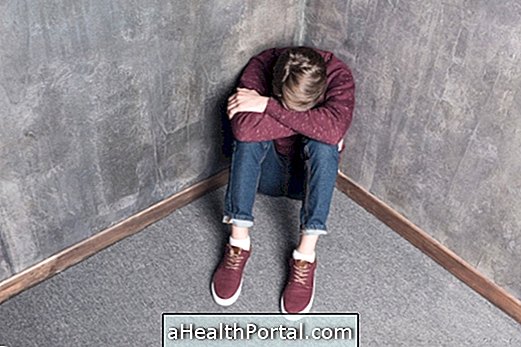
Main causes
Depression in adolescence can be triggered by various situations, such as drug and alcohol use, family history of depression, need for success and perfection, hormonal disorders and changes in the body, such as hair growth or breasts.
In addition, depressive status may occur after or during stressful situations, such as chronic illness, loss of loved ones or school failure, for example. Family problems such as lack of attention and caring, peers' attitudes or rejection may be other causes for the onset of depression in adolescence.
Symptoms of depression in adolescence
The symptoms of depression that the adolescent may present may be:
- Sadness;
- Constant fatigue;
- Problems of memory and concentration;
- Mood changes;
- Frequent crying;
- Lack of interest or pleasure in daily activities;
- Decreased appetite;
- Loss or gain of weight;
- Insomnia.
Teens often have exaggerated feelings of guilt that lead to suicidal or homicidal thoughts.
The diagnosis of depression can be made by analyzing the symptoms by the psychiatrist or an experienced doctor, who can differentiate these symptoms from situations such as stress, anxiety or dysthymia. Understand how depression is diagnosed, and how to differentiate from sadness.
How is the treatment done?
The treatment of depression in adolescence is done with antidepressant medications prescribed by the doctor, such as Sertraline, Fluoxetine or Amitriptyline, for example, that should be used daily to help improve symptoms.
However, psychotherapy is essential if treatment is to be complete as it helps adolescents to explore feelings or events that are painful to them.
The practice of sports and cultural activities, psychological and parental monitoring is important to help the teenager recover from depression. Check out what to do to cure depression faster.





